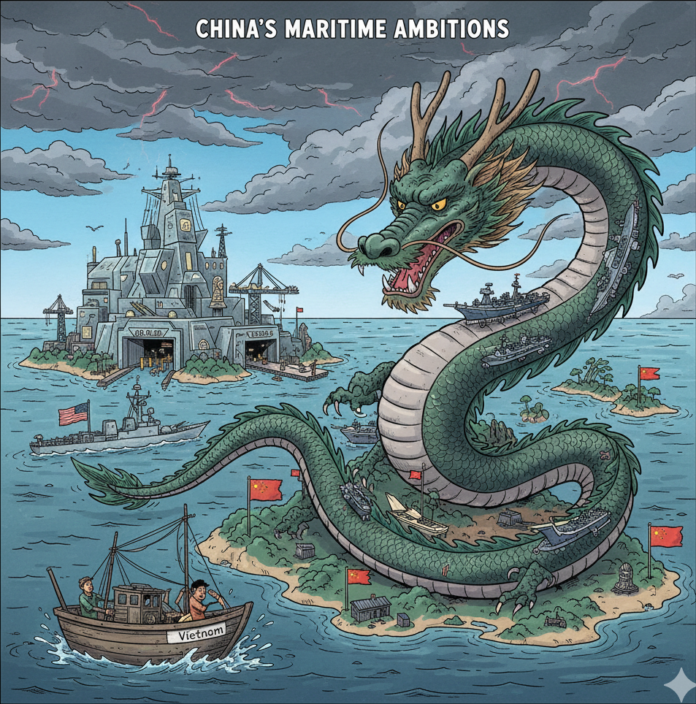China has recently made the decision to ban the export of metallic antimony, a key material with many military applications. This move is expected to have significant impacts on various industries, particularly in the United States.
Antimony is essential for the production of high explosives, missile propellants, and infrared guidance systems used by the US military. As a result, the US relies heavily on imports of antimony from China to meet its defense needs. Additionally, antimony is also a crucial raw material for civilian applications, such as photovoltaic cells and photovoltaic glass.
With China’s restrictions on antimony exports, the US military industry is likely to be hit hard, as it will need to find alternative sources for this critical material. Furthermore, the Western photovoltaic industry may also face challenges due to the limited availability of antimony.
Currently, China holds a significant portion of global antimony reserves (32%), but produces the majority (80%) of the world’s supply. Bolivia and Russia also have substantial antimony reserves, but establishing production lines in these countries would require time and expertise.
It is worth noting that China has previously banned the export of gallium and germanium, as well as rare earth metals. This raises questions about the progress of production lines for these materials in the United States. Updates on these developments, as well as information on rare earths production, are eagerly awaited.
In conclusion, China’s ban on the export of metallic antimony is likely to have far-reaching implications for various industries, particularly in the United States. Finding alternative sources for this critical material will be a challenge, but one that must be addressed to ensure national security and economic stability.
For more information, you can visit the original post by BeijingDai.




